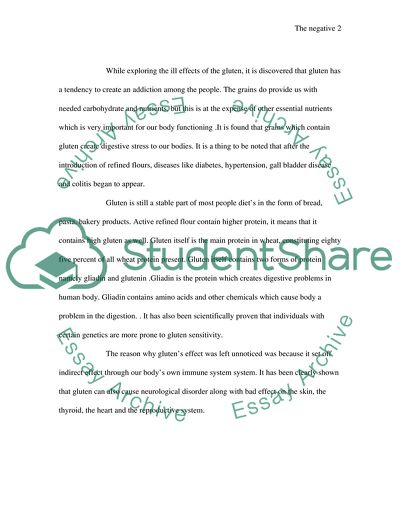Cite this document
(The Negative Effects of Gluten in Food Research Paper, n.d.)
The Negative Effects of Gluten in Food Research Paper. Retrieved from https://studentshare.org/health-sciences-medicine/1740927-the-negative-effects-of-gluten-in-food
The Negative Effects of Gluten in Food Research Paper. Retrieved from https://studentshare.org/health-sciences-medicine/1740927-the-negative-effects-of-gluten-in-food
(The Negative Effects of Gluten in Food Research Paper)
The Negative Effects of Gluten in Food Research Paper. https://studentshare.org/health-sciences-medicine/1740927-the-negative-effects-of-gluten-in-food.
The Negative Effects of Gluten in Food Research Paper. https://studentshare.org/health-sciences-medicine/1740927-the-negative-effects-of-gluten-in-food.
“The Negative Effects of Gluten in Food Research Paper”, n.d. https://studentshare.org/health-sciences-medicine/1740927-the-negative-effects-of-gluten-in-food.


